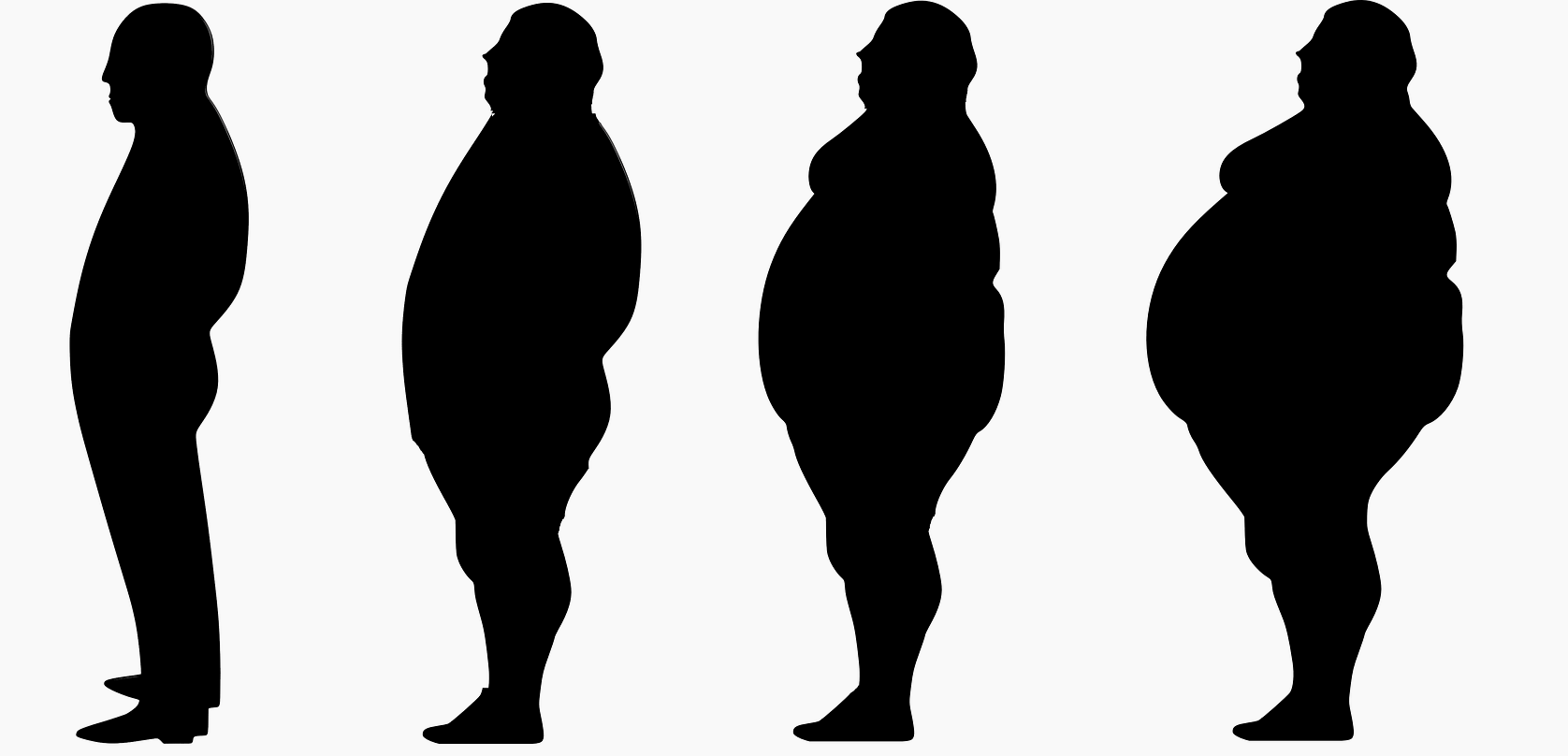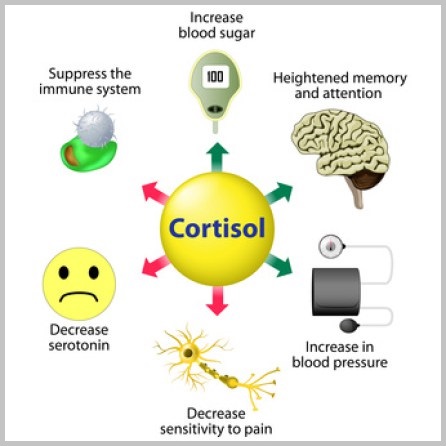Hormones, definition and description
Hormones are substances produced by certain glands in the body. They are transported through the body by internal liquids, to regulate the function of cells and organs. They perform specific biological functions and enable communication between organs and tissues. With this, they regulate bodily functions such as digestion, breathing, sensory perception, sleep, secretion, formation and development, movement, reproduction, etc.
The word hormone comes from the Greek word hormon which means “that which sets in motion”.
Hormones regulate everything that happens inside your body. They represent one of the most potent biological agents that science is increasingly delving into, uncovering even new hormones that were previously unknown. The entire hormonal system in the body is interconnected; in other words, a change in one hormone can lead to alterations in many others.
It is hormones that direct the body toward building muscle mass, burning fat, and strengthening bone density, but also others exert opposing effects. Thus, weight training or exercising can be very precisely defined:
Weight training is a method of regulating and directing hormonal activity towards desired outcomes.
That is, increasing those which positively influence the body composition, and lessening those that inhibit the increase of muscle mass, that activate storing excess fat, that “spend” or “eat away” the muscles. This should be the guiding principle in everyone’s training and dieting regime. If not, that’s a blind alley.
When talking about hormones, we can’t omit nutrition as well. Bad dieting or improper diets will suppress the beneficial effects of hormones and increase the negative effects, thus nullifying the wanted effect of weight training. Also, mistakes in training will nullify the wanted results even from the most proper dieting. Our nutrition and weight training programs take care of these factors. Besides, there is no better education than achieving superior results with properly directed knowledge and effort:
I want: Training and nutrition program
The hormones included here are not described with all of their functions. Described are only some of the positive and negative functions that are of greatest interest to us regarding building muscle mass and burning off excess fat. And when we say “a negative characteristic”, it doesn’t mean that those hormones are not necessary for other purposes in the body.
Hormones have a direct influence on your physique, structure, body composition (muscles, fat, bones, water), and aging.
The human body has around 50 hormones. Here below we will describe those that are of greatest importance to us regarding weight training, building muscle mass, and losing excess body fat.
Dino Nikolic
Creator and author of Muskultura
Health Coach
Fitness Instructor
16.10.2018






